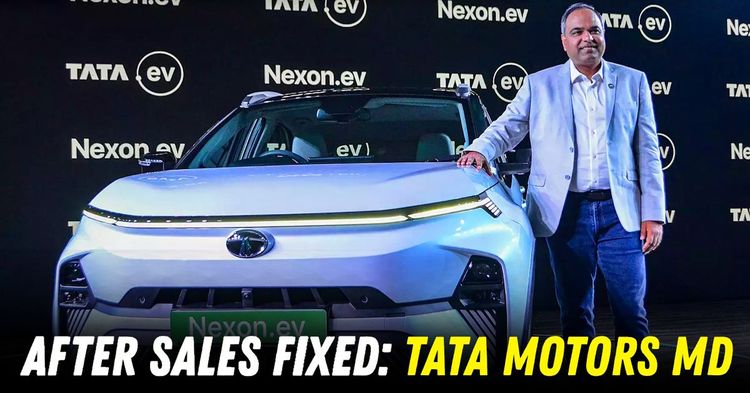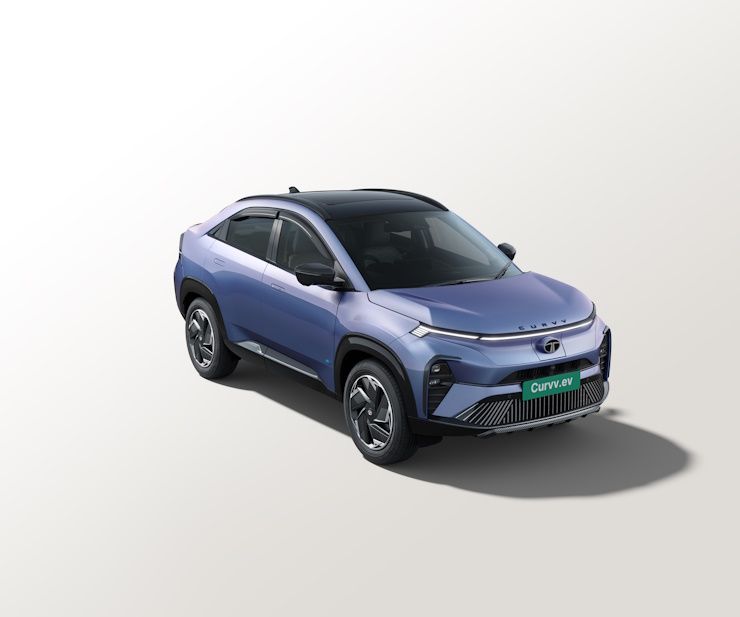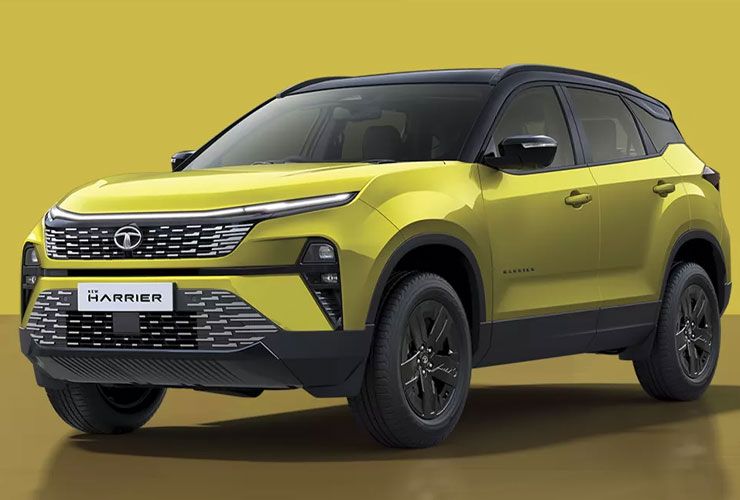Tata Motors MD Says After Sales Service Issues Have Been Resolved


Tata Motors has officially acknowledged that its after sales service network faced challenges over the past year, but says these issues are now behind them. In a recent statement, Managing Director Shailesh Chandra confirmed that the company has completed major software overhauls and operational fixes, and is now actively working to enhance the customer ownership experience across its passenger vehicle portfolio.

This development comes after a noticeable rise in customer dissatisfaction over service delays, vehicle downtime, and poor communication from workshops. Social media posts, forum complaints and multiple surveys had pointed to gaps in Tata’s otherwise aggressive growth story. While the brand has surged ahead in EV adoption and SUV market share, service quality was becoming a sore point.
According to the company, the issues weren’t about a lack of commitment, but about a technical mismatch. Tata’s passenger vehicle business has grown rapidly in the past few years. With this expansion, the company implemented a new software platform to manage everything from vehicle service appointments and parts inventory to customer communication and dealer coordination. But the rollout was anything but smooth.
Shailesh Chandra explained that the backend software integration had several flaws that caused cascading issues for both dealers and customers. Jobs were not being logged properly, vehicle histories got lost, parts ordering was misaligned with actual stock, and service timelines often got pushed due to miscommunication. The company admits that dealers too were left frustrated, caught between system errors and rising customer expectations.

However, Chandra confirmed that the software has now been stabilised. Over the last few months, Tata Motors has worked closely with its dealer partners and tech teams to iron out these issues. Additional human support and field-level assistance was deployed to assist dealerships during the transition period. More importantly, the service operations team now runs weekly diagnostics to ensure smoother functioning.
Over the past year, Tata owners had increasingly voiced concerns on platforms like Team-BHP, echoing sentiments of slow service response, inconsistent quality and delays in basic repairs. While many remained loyal to the brand for its strong value-for-money proposition and safety ratings, the service experience was becoming a deciding factor in repeat purchases.
Even dealerships were caught off guard by the system delays, leading to longer queues and overworked staff. Recognising this, Tata Motors initiated a listening programme to collect and act upon customer feedback. Senior executives visited high-footfall service centres and worked with customer experience teams to draft new standard operating procedures.
In cities like Bengaluru, Pune and Delhi NCR, where EV volumes are rising fast, dedicated support teams were deployed to improve first response times and ensure that issues, especially those related to software updates and high voltage systems, were closed within promised timelines.

Now that the backend systems have been stabilised, Tata Motors is shifting its focus to making ownership more seamless and enjoyable. One of the upcoming initiatives includes proactive service reminders, app-based tracking of vehicle health, and streamlined service centre communication.
Chandra also hinted at increased investment in digital customer care platforms. The revamped ‘Tata Motors iRA’ connected car ecosystem will play a greater role in reporting faults early and enabling predictive maintenance. The company is also evaluating tie-ups with doorstep service providers in select cities, aimed at reducing workshop congestion.
From being a pain point, Tata wants after sales to become a differentiator, especially in a market where service satisfaction directly impacts brand loyalty. The company’s ability to walk this talk will likely play a key role in the success of its future launches, especially the Harrier EV, Sierra EV, and the premium Avinya platform expected over the next 12 to 18 months.
With these structural corrections now in place, Tata Motors is hoping that it can match its strong sales momentum with a service experience that reassures and retains customers over the long term.